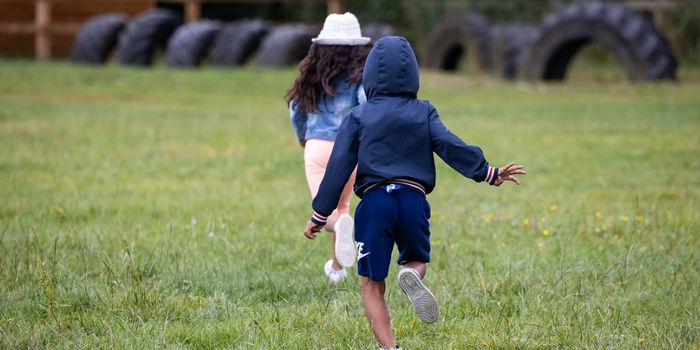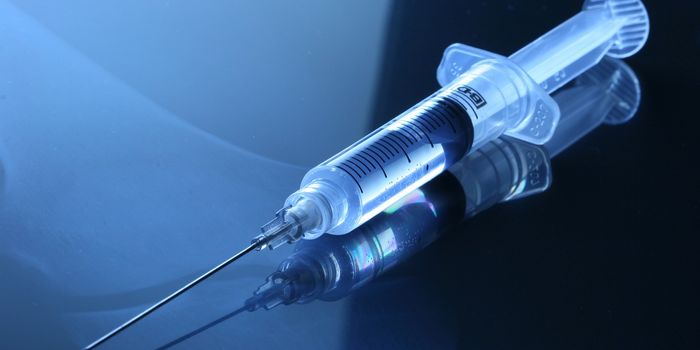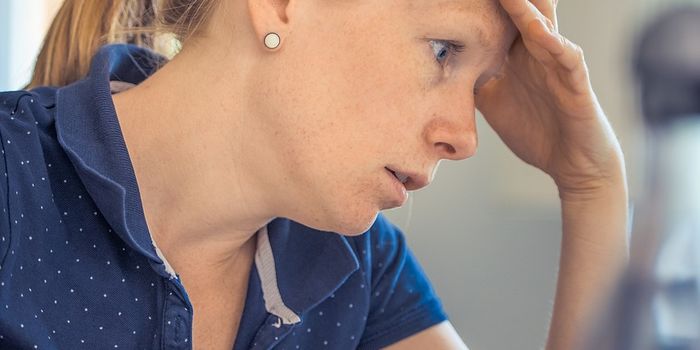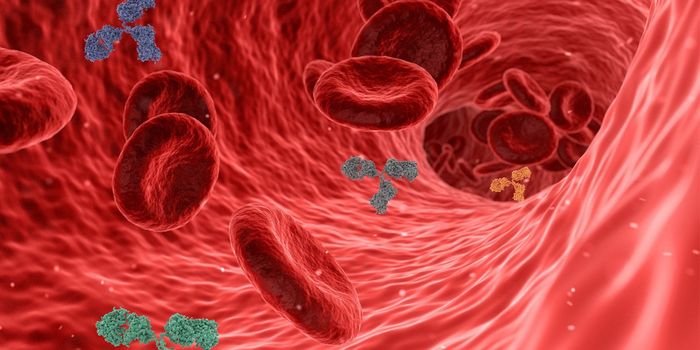For rhesus monkeys (and probably humans, too), popularity counts. A new study from Duke University shows that social status affects stress, and stress negatively impacts the immune system.

Female bonding can reduce the effects of stress in rhesus monkeys. Source: Lauren Brent, University of Exeter
"Social adversity gets under the skin," said co-first author Noah Snyder-Mackler, postdoctoral researcher at Duke. "If we can help people improve their social standing, and reduce some of these hierarchies, we may be able to improve people's health and well-being."
In the first part of the study, scientists grouped together 45 unrelated adult female rhesus monkeys from the Yerkes National Primate Research Center of Emory University, and the animals divided into a social hierarchy on their own. Newer monkeys were lower on the social totem pole than monkeys who had been in the study longer.
After observing behavioral changes, scientists extracted immune cells from the monkeys and measured the activity of around nine thousand genes. A significant fraction of the immune genes were expressed differently in lower-ranking monkeys compared to those with better social standing. One immune cell stood out in particular: natural killer cells.
Natural killer cells are designed to target and kill cancer and pathogenically infected cells as part of the innate immune system, the non-specific and immediate response to disease in the human body.
Part two of the study involved rearranging the monkeys into nine new social groups, and sorting occurred again according to order of arrival. This part of the study was fixed so that low-status monkeys from the previous study were higher in status, and those high in status from the previous study were now lower in status.
They observed that monkeys higher in status were “more sought after grooming partners,” providing them more opportunities to relieve stress through bonding. Additionally, immune cell expression in monkeys whose status improved from the first study to the second study also changed, becoming more like those expressed in the highly-ranking monkeys from the first study.
By observing extracted immune cells in the lab, researchers saw an interesting response to bacterial components. White blood cells from lower-ranking monkeys were mixed with a toxin unique to bacteria: lipopolysaccharide, and pro-inflammatory gene expression skyrocketed.
“Similar responses could help explain why poor and working class people have higher rates of inflammatory disorders such as heart disease and diabetes,” suggested study co-author Luis Barreiro.
However, these effects seem to be reversible. When low-ranking monkeys experienced higher social status from one study to the second, their inflammation died down. "This suggests the health effects of status aren't permanent, at least in adulthood," said study co-author Jenny Tung
Duke scientists believe that this study shows that low social status leads to disparities in health, a causative relationship - not just correlative. And intervening at a social level might save some social groups from developing diseases from chronic stress. The present study was published in the journal
Science.
Sources:
Duke University,
Centre d'Immunologie de Marseille-Luminy
Cover image credit: The Horizons Tracker









